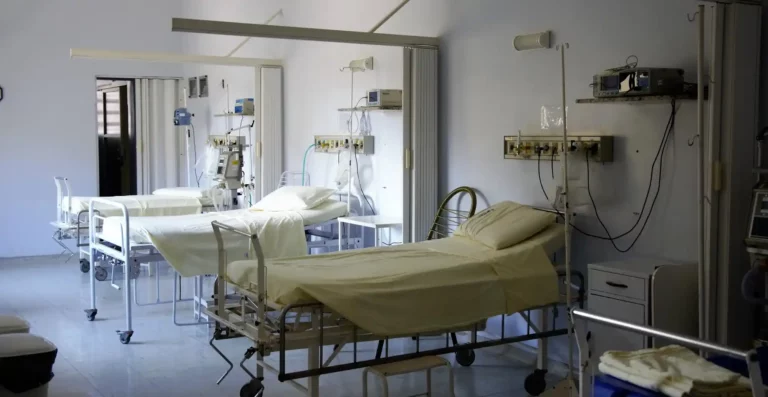The Kenyan government has launched the Kenya National Public Health Institute (KNPHI) to advance Universal Health Coverage (UHC) through enhanced preventive healthcare and to strengthen national health security amid rising health threats.
Established under Legal Notice No. 14 of 2022, KNPHI is Kenya’s central hub for disease surveillance, health research, policy coordination, and rapid emergency response. It aims to streamline public health functions, reduce redundancy, and improve Kenya’s capacity to address emerging and re-emerging infectious diseases.
At the launch, Health Cabinet Secretary Aden Duale emphasised the need for resilient public health institutions to tackle health challenges effectively. He acknowledged the support of international partners, including the World Bank, Africa CDC, Amref Health Africa, and the International Association of National Public Health Institutes (IANPHI), for their technical and financial contributions.
Duale urged the Public Service Commission to expedite the approval of human resource instruments to ensure KNPHI operates at full capacity.
Dr. Abdourahmane Diallo, WHO Country Representative, reaffirmed WHO’s commitment to supporting a robust, independent KNPHI aligned with Kenya’s health priorities, highlighting its role in achieving long-term public health goals.
Key figures, including Principal Secretaries Dr. Ouma Oluga (Medical Services) and Dr Eng attended the event. Festus Ng’eno (Environment and Climate Change), National Assembly Health Committee Chair Dr James Nyikal, and Council of Governors CEO Ms Mary Mwiti, alongside senior officials and development partners.
Role of National Public Health Institutes (NPHIs)
NPHIs are specialised organisations coordinating public health functions to prevent, detect, and respond to health threats, including infectious and non-communicable diseases.
They ensure compliance with International Health Regulations and support the Global Health Security Agenda by integrating surveillance, laboratory capacity, emergency response, and research.
In Africa, robust NPHIs are critical for health system resilience. They enable early detection of health risks, evidence-based responses, and efficient resource use. Without NPHIs, fragmented public health efforts across ministries can lead to duplication, inefficiency, and delayed responses.
An Africa CDC assessment shows that 40% of its 55 member states have established NPHIs, 33% are in development, and 27% lack them, with only 82% of established NPHIs fully operational.
The Central Africa region faces the largest gap, with 67% of states lacking NPHIs. This underscores the need for urgent action to ensure all Member States have functional NPHIs within five years, supported by political commitment, leadership, and sustainable investments.
Benefits of NPHIs
- Streamlined Operations: NPHIs consolidate public health functions, reducing duplication and improving efficiency.
- Enhanced Coordination: They align national, regional, and local health efforts, optimising resources and strategies.
- Robust Surveillance: NPHIs monitor diseases in real-time, ensuring timely interventions.
- Rapid Emergency Response: They enable swift action during outbreaks, disasters, or bioterrorism, minimising impact.
- Research Leadership: NPHIs conduct research to guide evidence-based policies.
- Laboratory Services: They provide specialised diagnostic support for accurate disease management.
- Global Connectivity: As IHR focal points, NPHIs facilitate international health collaboration.
Challenges
- Decentralised Systems: Coordinating across subnational governments can hinder uniform policy implementation.
- Potential Conflicts: Overlapping roles with regional authorities may create tensions.
- Public Engagement: Limited community input risks undermining trust and legitimacy.
- Resource Constraints: Funding, personnel, and technology shortages can limit effectiveness.
Strengthening NPHIs in Africa
The Africa CDC supports NPHI development through technical assistance, mentorship, and resource allocation. Key efforts include:
- Establishment Support: Guiding countries to create or strengthen NPHIs with best practices and legal frameworks.
- Regional Collaboration: Designating NPHIs as hubs for training and knowledge exchange.
- Capacity Building: Enhancing workforce skills through training programs.
- Research and Surveillance: Improving data systems for informed decision-making.
- Policy Coordination: Aligning strategies with national and international health goals.
By strengthening NPHIs, African nations can enhance disease prevention, outbreak response, and health system resilience, fostering healthier populations and sustainable development.




